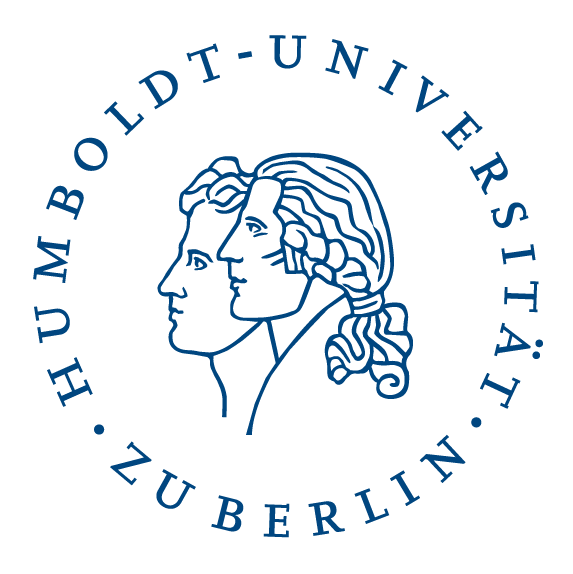

Till Grallert, Sophie Eckenstaler, Samantha Tirtohusodo
Humboldt-Universität zu Berlin, Universitätsbibliothek, Grimm-Zentrum
DFG-Projekt “Future e-Research Support in the Humanities” (2022–25)
Wir bauen im Rahmen des DFG-Projekts “Future e-Research Support in the Humanities” an der Universitätsbibliothek der Humboldt-Universität zu Berlin unter Beteiligung der Lehrstühle für Digital History (Inst.f. Geschichtswissenschaften) und Information Processing and Analytics (Inst.f. Bibliotheks- und Informationswissenschaften) einen prototypischen Scholarly Makerspace zur Förderung digitaler und computationaler Werkzeugkompetenz (tool literacy) in den Geistes- und Kulturwissenschaften auf (2022–25).
Im Wesentlichen geht es bei der Makerbewegung um das Teilen von Räumen, Ressourcen und Wissen innerhalb einer Gemeinschaft. Diese Ressourcen stehen Einzelpersonen privat oft nicht zur Verfügung. Die Ermöglichung des Zugangs für alle, stellt so einen zentralen Faktor für eine offene und demokratische Gesellschaft dar. (Heinzel, Seidl, und Stang „Einleitung“ 2020, 2)
Fokus auf digitale und computationelle Aspekte zeitgenössischer Geistes- und Kulturwissenschaften
It is our position that the “digital” cannot be understood as a separate domain of culture. If we actually examine the digital […] we see that today digital information processing is present in every aspect of our lives (Centre for Postdigital Cultures „About Us“ 2018).
Maschinen sind auf dem Weg überzeugende Schöpfer werden …
Mit you.com
The humanities are under pressure. In an age of big data and computational power, the traditional methods of hermeneutics–close reading and interpretation–seem quaint. New approaches are needed to engage with the digital world, and one promising avenue is the creation of a prototypical scholarly makerspace.
A makerspace is a place where people can come together to create things using technology. They are often open-ended environments where people can experiment and tinker with new ideas. This type of environment is ideal for exploring digital and computational tools, as well as for developing new ways of thinking about the humanities.
Mit OpenAIs DALL-E
Stärkung der tool literacy (Werkzeugkompetenz) für:
Do artefacts have politics? (Winner „Do artifacts have politics?“ 1980)
To use […] tools well, we must, in some real sense, understand them better than the tool makers. […] The best kind of tools are therefore the ones that we make ourselves. (Tenen „Blunt Instrumentalism: On Tools and Methods“ 2016, 85)
Kreativität von Design, Herstellung und Erfahrung von (digitalen) Objekten als From von Wissenschaft
![]()